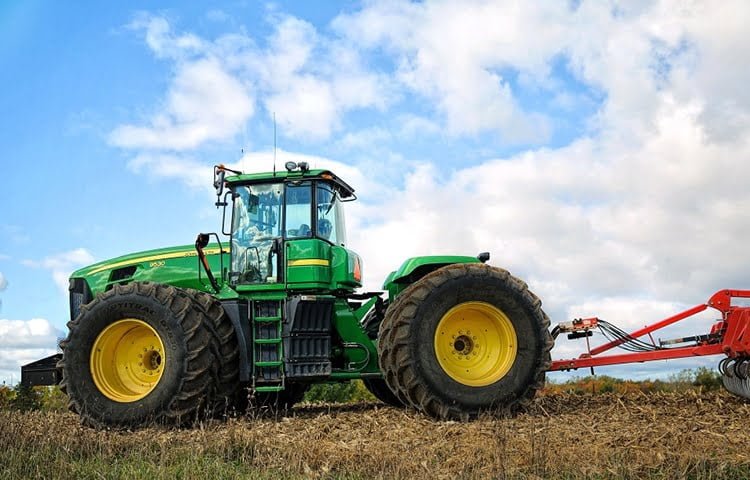
The Agricultural Bill [The Agricultural Act 2020] was introduced to parliament in January 2020 and, after more than 100 hours of parliamentary debate, it passed into UK law on the 11th November 2020.
The Government say:
‘The Agriculture Bill sets out how farmers and land managers in England will be rewarded in the future with public money for “public goods” – such as:
These incentives will provide a powerful vehicle for achieving the goals of the government’s 25 Year Environment Plan and our commitment to reach net zero emissions by 2050.’
You can find out more about the Agricultural Bill in DEFRAs policy’ Farming for the Future’.
With the aim of achieving the Government’s 25-year environmental plan and commitment to being net-zero emissions by 2050, this year sees the start of phasing out of direct payments. The initial plan is to ‘delink’ direct payments from the requirement to farm the land from 2022 over a seven year transition period.
There is the opportunity to participate in the new Environmental Land Management scheme from late 2024. Pilots of the scheme are currently taking place,
You can find out more on delivering a ‘Green Brexit’ as with Defra’s video titled ‘Landmark Agricultural Bill’
BBC Newsnight have also looked at the impact by interviewing farmers who are for and against the proposals in their video ‘What will Brexit mean for British farmers’?
At Hibberts Solicitors we work with farmers, accountants, land managers and advisors to adapt the business as needed during complex transitions. Contact our Agricultural team today should you require any advice.